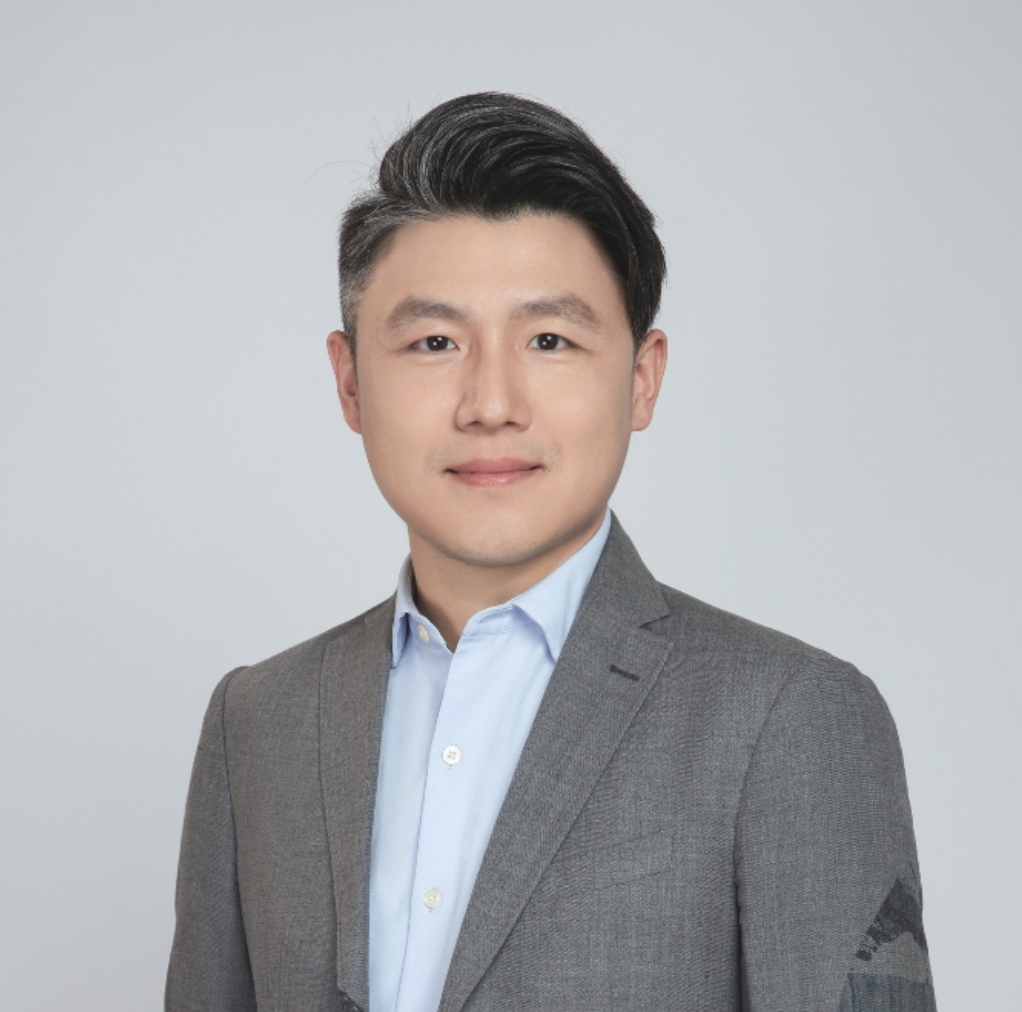
Chinese actress Xu Jinglei traveled to the United States for a fertility procedure due to the Chinese government's ban on freezing eggs for single women. (Xinhua)
In China, traditional family values center on continuation of the family bloodline. According to Confucian philosophy, the worst form of unfilial conduct is a failure to leave behind descendants. During China’s feudal era, a woman’s virtue was often judged solely upon her ability to conceive and give birth.
This has changed dramatically over the past half-century.
Ever since the 1950s, the participation of Chinese women in society has expanded far beyond the “inner chamber” of the home. Since the dawn of China’s modernization efforts in the late 1970s, women have gained greater access to quality education and become successful professionals and entrepreneurs. Despite continuing societal issues with workplace discrimination and income inequality, women now play a significant role in China’s economic growth.
According to a 2014 report by Grant Thornton International, China is in the top 10 percent of countries in terms of proportion of women in senior management positions. Additionally, women occupy 21 percent of company board positions in China, higher than the global average of 17 percent. The report also found that 63 percent of Chinese businesses have female CFOs.
A successful career affords Chinese women a level of financial independence their predecessors never dreamed of. However, it also puts them in the difficult position of choosing between career advancement and family planning. Although Chinese labor laws provide employment protection during a woman’s pregnancy, many fear that their chances of moving up the career ladder will diminish after their children are born. As such, a growing number of educated, urban Chinese women are putting their marriage and pregnancy plans on the back burner.
These decisions don’t come without a cost. Single Chinese women face tremendous pressure from family and peers to start a family, and Chinese netizens coined the derogatory term sheng nü (“leftover woman”) to describe a single woman over the age of 29.
A delay in motherhood also means many professional women miss their prime windows to achieve successful pregnancies. More than 40 million Chinese people have been diagnosed with infertility, an estimated 12.5 percent of those of childbearing age.
Some Chinese women have a better plan to deal with these societal and biological pressures.
In an interview last month, Chinese actress and director Xu Jinglei disclosed that she had gone through an egg-freezing procedure in the U.S. Chinese state-run media prefaced the story with a reaffirmation of the national ban on single women freezing their eggs. However, the story launched a national debate, with netizens widely supporting Xu’s decision, and the influential Chinese blogger Han Han chiming in to back women’s “fertility rights.”
For some companies, this ongoing debate means new business opportunities.
In July, Chinese e-commerce giant Alibaba launched a campaign on its Juhuasuan (聚划算) platform to recruit donors for China’s state-run sperm banks. During the two-day campaign—which promptly went viral—qualified donors would receive $500-800, which attracted around 22,000 applicants. Following the huge success of the campaign, Alibaba is reportedly considering organizing egg-freezing trips to the United States in partnership with an American fertility clinic.
These campaigns dovetail perfectly with China’s recent travel trends. Outbound Chinese are the world’s top tourism spenders, parting ways with a record $164.8 billion overseas last year, a 28 percent increase over 2013. And more of these travelers are doing so with their health in mind: since 2006, the number of Chinese medical tourists has doubled to 40 million.
The United States has several advantages in attracting Chinese fertility patients. The country is perceived as having the most advanced fertility treatment technology, and boasts strict laws to protect patient privacy—a major concern for many Chinese patients due to social stigma. In California, most high-profile fertility clinics are located in big cities with large Chinese communities, such as Los Angeles, San Francisco, and Orange County. This gives patients easy access to Chinese food and Chinese-language services while going through long treatment cycles (which typically last between two to six weeks).
Gestational surrogacy is another popular draw for Chinese infertility patients in the United States, as Chinese law bans surrogacy in all forms. Heterosexual couples who suffer from infertility, or same-sex couples, often have no choice but to use a surrogate to start a family. In contrast, California law offers the most legal protection for hopeful parents, and the state has some of the highest concentrations of surrogates in the country, in cities like Los Angeles and San Diego. Some surrogacy agencies in California estimate that 50-60 percent of their clients come from China.
Facing pressure from friends and family, legal obstacles, and social stigma back home, the new “California Dream” for a growing number of Chinese could just be a trip that combines Disneyland with the doctor’s office.
Charlie Gu is a director at China Luxury Advisors.
